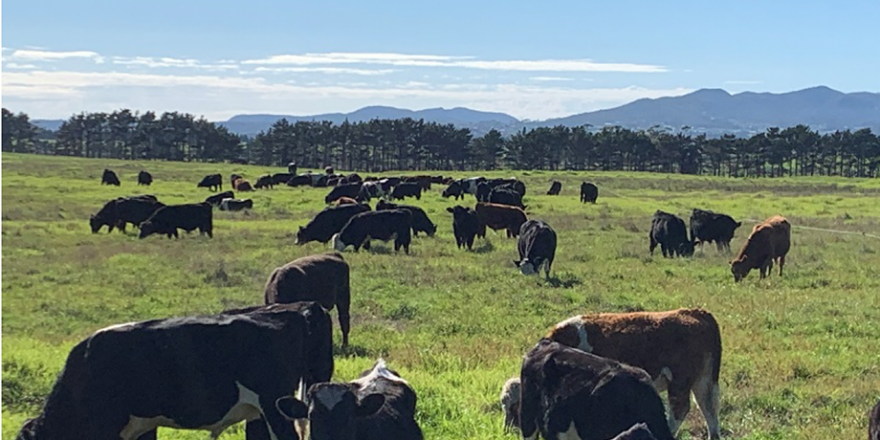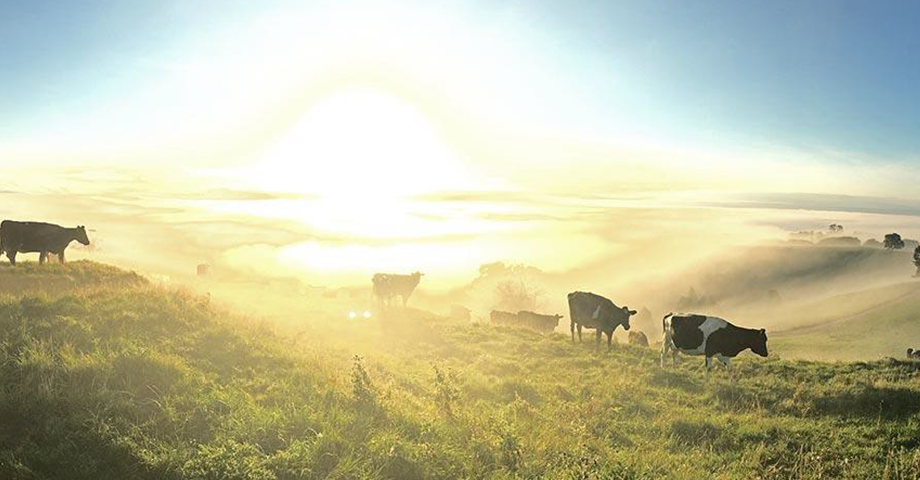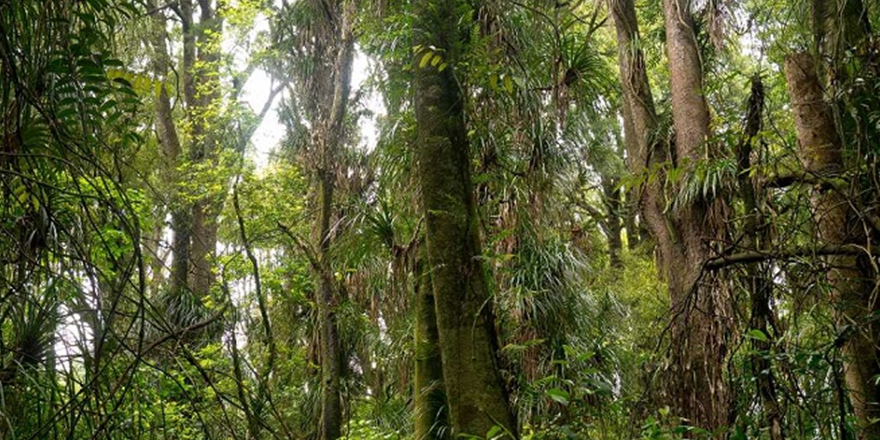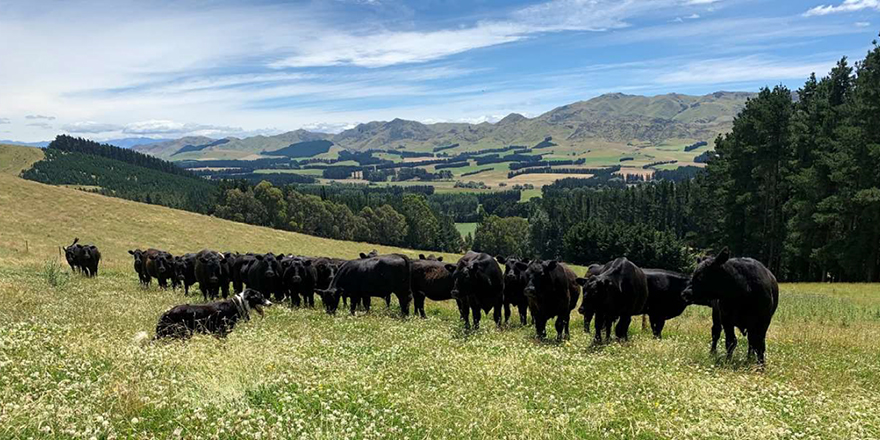
Executive Summary
Climate change is the most important environmental issue the world faces (PCE, 2016). It is impacting the world through increased frequency and intensity of adverse weather events like droughts, hurricanes and floods and through rising sea levels and ocean acidification (IPCC, 2021). Stabilizing the climate will require strong, rapid, and sustained reductions in GHG emissions (IPCC, 2021).
Livestock farming of ruminants contributes significantly to global emissions of GHG (Garnett and Godde, 2017) and there is growing pressure internationally for agricultural emissions to be reduced (Greenpeace, 2021; Nature, 2019).
The 2015 Paris Agreement is the most recent global agreement on climate change (MoE, 2018). The main purpose of the Paris agreement is to keep the global average temperature well below 20C above pre-industrial levels, while pursuing efforts to limit the temperature increase to 1.50C (MoE, 2018). Accordingly, in 2019 the New Zealand government set into law new domestic targets through the Climate Change Response (Zero Carbon) Amendment Act (MoE, 2021a):
- Net zero emissions of all greenhouse gases other than biogenic methane by 2050
- 24 to 47 per cent below 2017 biogenic methane emissions by 2050, including 10 per cent below 2017 biogenic methane emissions by 2030
New Zealand livestock farmers will need to play a pivotal role in helping the country achieve these goals as they are responsible for almost all biogenic methane emissions and own almost all the land that is suitable to plant trees on to help offset carbon dioxide emissions. Achieving these goals is going to require significant changes to the way we farm.
There are other external motivations to reduce farm GHG emissions: market access (He Waka Eke Noa, 2021), consumer preference (He Waka Eke Noa, 2021) and the desire to hold your head up when you walk down the street (O’Mannin, 2021). For a lot of farmers there is also a strong internal motivator- a desire to do the right thing (MPI, 2019; O’Mannin, 2021). There is also the fact that changing climate will directly impact farm businesses.
The farming sector has been through substantial change in the past. The dropping of farm subsidies in 1984 and amalgamation in the dairy industry are examples of major change that were extremely painful at the time, absolutely heart breaking for some, but looking back now it was the right thing to do and has helped get us to where we are; one of the most efficient farming nations on earth.
Climate change and Greenhouse gas mitigation is already causing significant change in NZ’s agriculture sector, but climate change is poorly understood by the majority of NZ farmers (MPI, 2019). The purpose of this project is to help sheep & beef farmers understand some of the things they should know about climate change and farm Greenhouse gas emissions.




